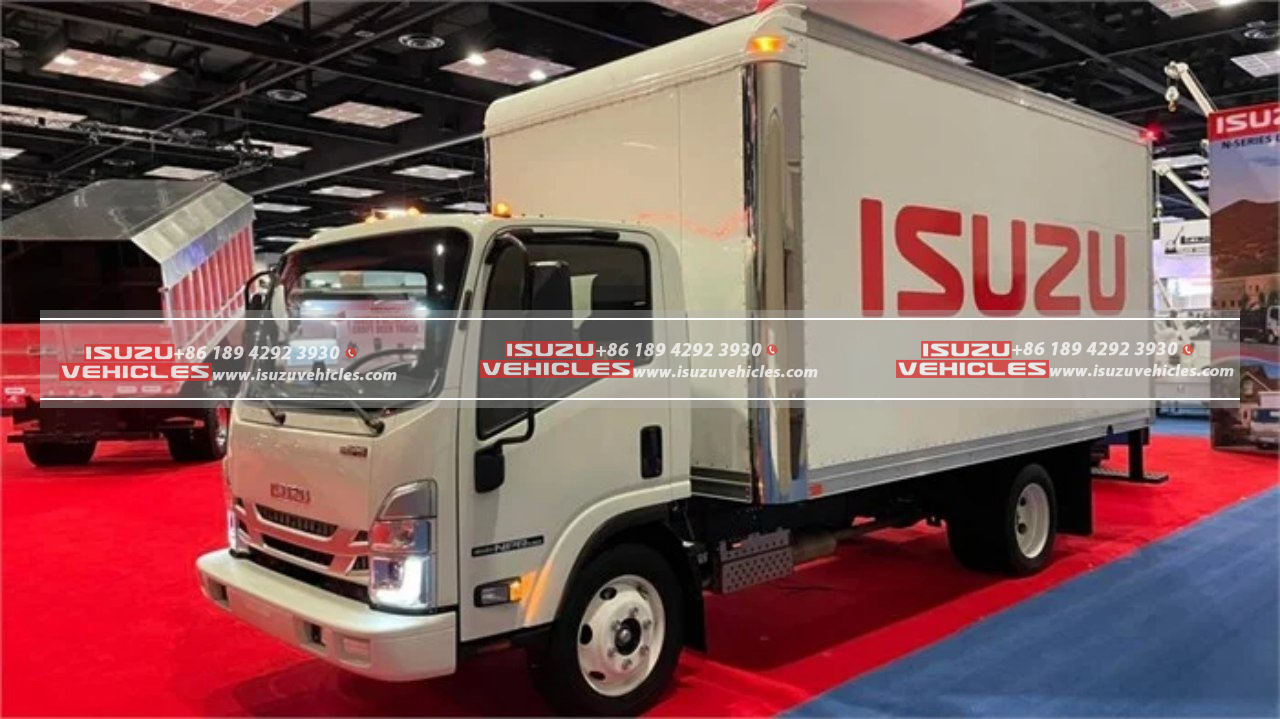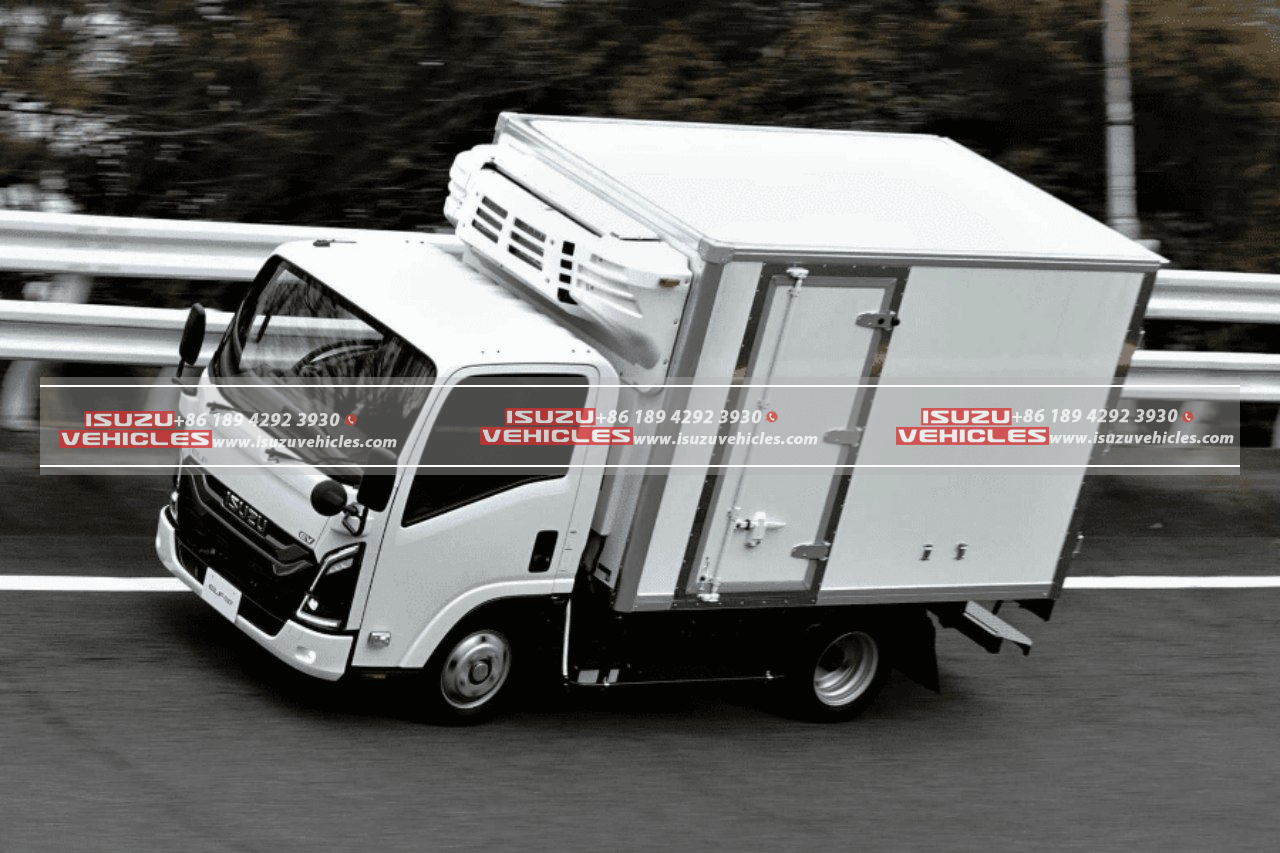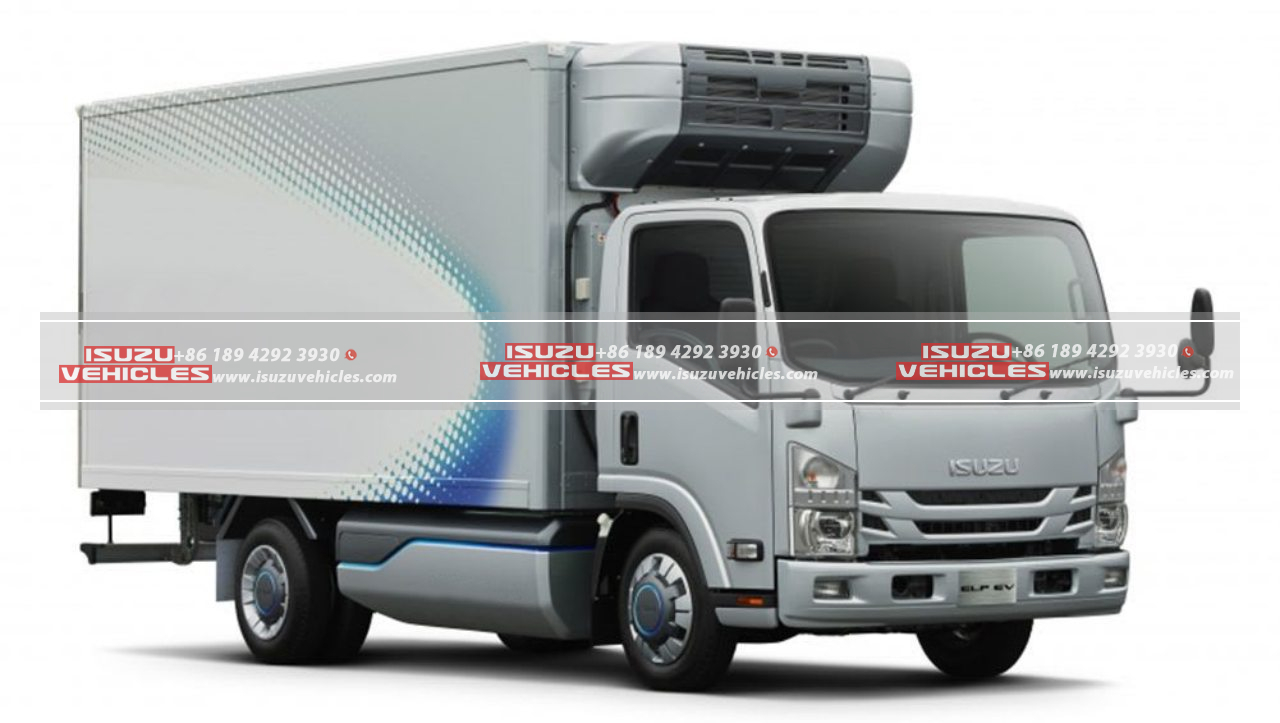As the world transitions to more sustainable and technologically advanced modes of transport, ISUZU trucks are taking significant strides towards shaping the future of logistics, construction, and waste management. The automotive industry is undergoing a transformative shift, with the development of electric vehicles (EVs) and autonomous trucks leading the charge. With innovations in both fuel efficiency and driving technology, ISUZU is setting the stage for a new era in heavy-duty transportation. This blog post explores how ISUZU trucks are evolving, with a focus on electric and autonomous models, and how these advancements will impact industries worldwide.
The Rise of Electric ISUZU Trucks
The global demand for electric vehicles is at an all-time high, and ISUZU trucks are embracing this change. The development of electric trucks is not just about reducing carbon emissions; it’s about providing more cost-effective, reliable, and energy-efficient solutions for industries like waste management, construction, and logistics. ISUZU electric trucks are expected to offer a cleaner, greener alternative to traditional diesel-powered vehicles, drastically reducing greenhouse gas emissions.
The shift to electric power in ISUZU trucks begins with the adoption of electric drivetrains, which offer several advantages over internal combustion engines. Electric ISUZU trucks, including models like the ISUZU garbage truck, will benefit from lower maintenance costs due to fewer moving parts, no exhaust systems, and more efficient energy use. Moreover, the use of electric motors ensures quieter operations, a key benefit for urban areas and noise-sensitive environments.
By replacing traditional diesel engines with advanced electric powertrains, ISUZU can improve fuel efficiency, reduce carbon footprints, and help cities and businesses comply with environmental regulations. As governments around the world are introducing stricter emission standards, electric ISUZU trucks will become increasingly critical for companies seeking to stay ahead of compliance requirements. ISUZU refrigerated trucks, for example, will be able to deliver temperature-sensitive goods in an eco-friendly manner while minimizing fuel costs.

Advantages of Electric ISUZU Trucks for Commercial Use
Electric ISUZU trucks, including models such as the ISUZU dump truck, are designed with several operational advantages that businesses will find compelling. First, the reduction in fuel costs is substantial. Electric trucks are far more efficient than their diesel counterparts, allowing companies to save significantly on energy expenses. This is especially crucial in industries like waste management and construction, where vehicles are frequently used for long shifts and extensive work.
Electric ISUZU trucks also provide a smoother driving experience due to the instantaneous torque produced by electric motors. This feature improves vehicle handling, making it easier to operate the trucks in challenging environments such as construction sites or narrow city streets. Furthermore, the development of electric charging infrastructure is expected to accelerate, making it easier for businesses to manage fleets of electric vehicles.
Autonomous ISUZU Trucks: The Future of Logistics and Transport
In addition to electric power, autonomous technology is another key component shaping the future of ISUZU trucks. With innovations in machine learning, artificial intelligence, and sensor technology, autonomous ISUZU trucks will soon be able to navigate roads without human intervention. This shift will revolutionize industries by reducing the need for manual driving and enabling trucks to work around the clock without breaks.
Autonomous ISUZU trucks will first make their mark in controlled environments such as distribution centers, ports, and construction sites. ISUZU dump trucks and ISUZU tow trucks equipped with autonomous technology could take on tasks like material transportation, hauling debris, and handling vehicles in accident-prone areas. The benefits of autonomous trucks are clear: they can reduce human error, improve safety, and increase efficiency by optimizing driving routes and schedules.
The safety aspect of autonomous ISUZU trucks is one of the most promising features. By eliminating the risk of human error, autonomous trucks could help reduce traffic accidents, especially in dangerous conditions like construction zones or inclement weather. This improvement in safety will not only benefit operators but also contribute to the overall safety of road networks.

Enhancing Efficiency and Reducing Costs
One of the main advantages of autonomous ISUZU trucks is their potential to improve operational efficiency. Autonomous systems can monitor traffic conditions in real time, make precise adjustments to driving speeds, and optimize delivery routes. For example, ISUZU refrigerated trucks that transport perishable goods will be able to maximize delivery speeds while ensuring the quality of their cargo. By operating without the constraints of driver fatigue, autonomous trucks can work longer hours and reduce downtime.
Another significant cost-saving feature is the reduction in labor expenses. With autonomous ISUZU trucks, businesses can streamline operations and reduce the number of drivers needed. While drivers will still be necessary for certain tasks, the widespread use of autonomous technology will allow businesses to allocate human resources more effectively, improving overall cost efficiency.
The Integration of Electric and Autonomous Features in ISUZU Trucks
The future of ISUZU trucks is not limited to just electric or autonomous technology. The real potential lies in the combination of both, creating ISUZU trucks that are not only environmentally friendly but also capable of operating without human drivers. By integrating both electric drivetrains and autonomous systems, ISUZU will be able to provide businesses with advanced vehicles that reduce emissions while enhancing operational efficiency.
Electric and autonomous ISUZU trucks could work together to create a highly efficient fleet for urban logistics. For example, ISUZU box trucks used for deliveries in dense cities could autonomously navigate the streets while relying on electric power for fuel-efficient operation. By combining both technologies, ISUZU trucks will be better equipped to handle the challenges of modern urban transport, from congestion to environmental sustainability.

Optimizing Delivery and Waste Management Operations
In waste management, ISUZU garbage trucks are already benefiting from automation in the form of robotic arms and autonomous route optimization. The next step will be the integration of electric and autonomous technologies into these vehicles. ISUZU garbage trucks that operate autonomously will be able to manage waste collection tasks more efficiently, reducing the need for human drivers and streamlining waste disposal routes. Additionally, these trucks will be able to operate at night or in low-traffic periods, further increasing operational efficiency.
The ISUZU tow truck, equipped with autonomous capabilities, can also improve efficiency in situations like road accidents and vehicle breakdowns. By using autonomous driving technology, ISUZU tow trucks can arrive faster at the scene of an incident and deliver vehicles to repair shops or impound lots with greater precision.
The Road Ahead for ISUZU Electric and Autonomous Trucks
The future of ISUZU trucks lies in the development of vehicles that can handle both environmental and operational challenges. As electric ISUZU trucks become more widespread, the adoption of autonomous driving technology will only accelerate. The combination of these technologies offers enormous potential for industries such as construction, waste management, and delivery logistics.
As governments around the world tighten environmental regulations and businesses look for ways to increase operational efficiency, ISUZU trucks will lead the charge in creating a cleaner, smarter, and more efficient future for transportation. By focusing on electric power and autonomous systems, ISUZU is setting the stage for a revolution in the trucking industry, one that promises to deliver enhanced performance, reduced emissions, and a more sustainable future.
